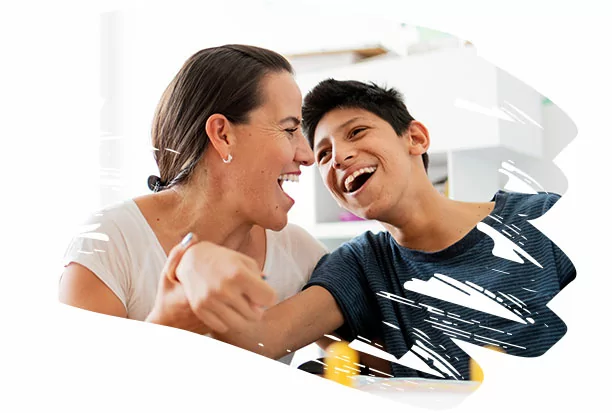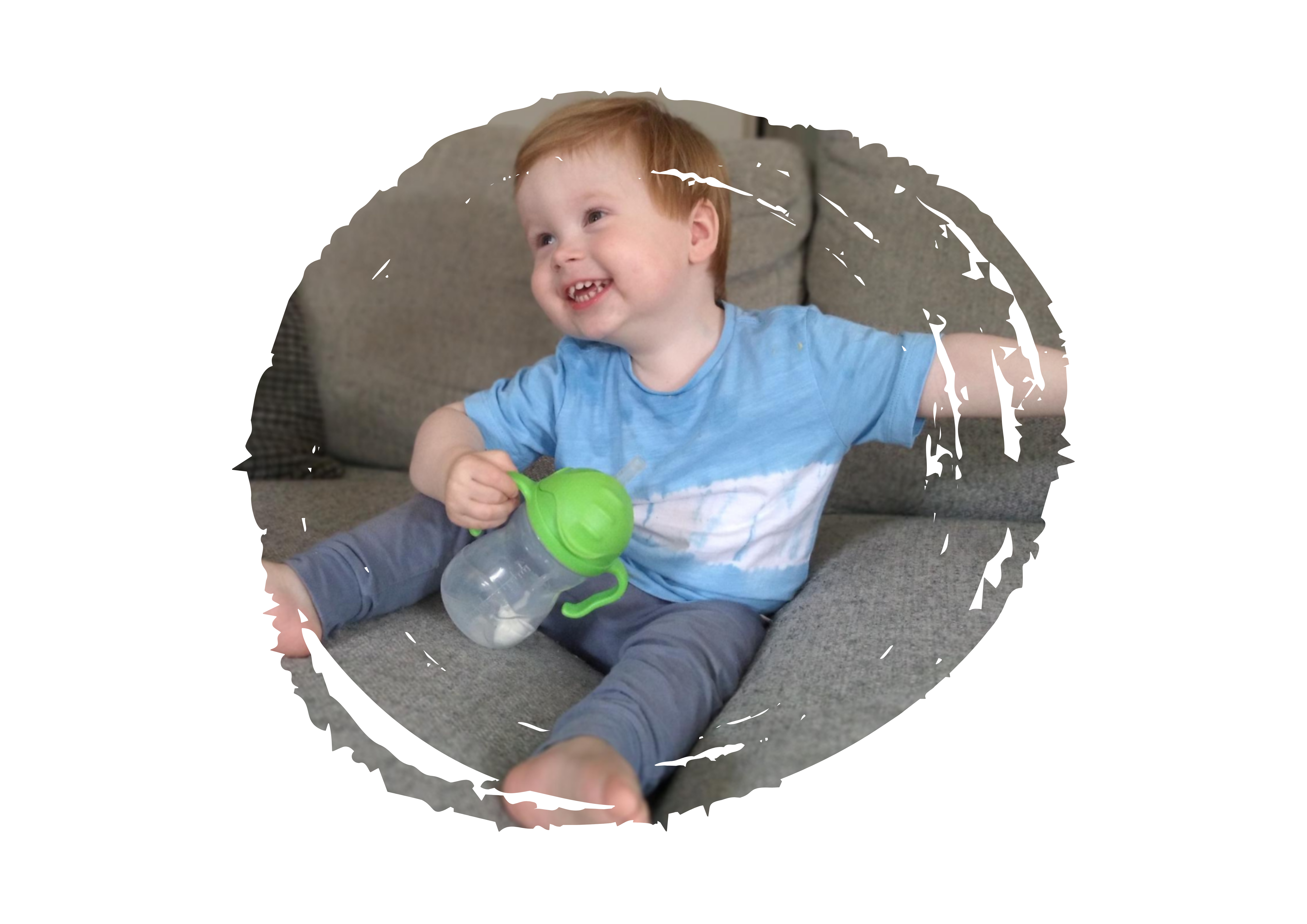When you work with Everyday Independence, our behaviour support practitioners work with you in your community, with neurodiversity affirming practice, as part of a broader team that may include speech pathologists, occupational therapists, physiotherapists, and habit coaches.
Because the best way to deliver positive change is to look at your whole life and engage a team of practitioners with the understanding and skills that are vital to helping you make the changes that matter to you.









